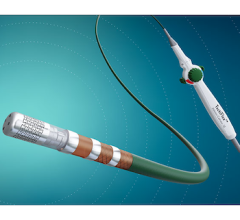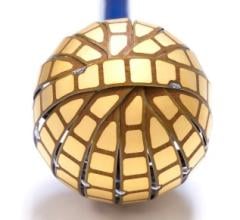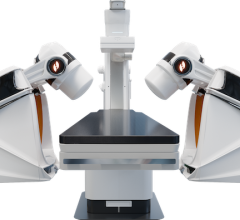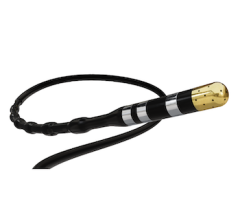Radiofrequency ablation is more effective than treatment with amiodarone for the prevention of atrial flutter recurrence in patients who experienced a first symptomatic episode, according to the results of a new study. In addition to the superiority of ablation over amiodarone, there was no increased risk of atrial fibrillation, even in this cohort of older patients, report investigators.
"Based on the registry of clinical studies using radiofrequency ablation to treat atrial flutter, we knew that the percentage of recurrence was very low with ablation and that the number of secondary effects was also very low," lead investigator Dr. Antoine Da Costa (University Jean Monnet, Saint Etienne, France) told heartwire. "Looking at the recurrence rates or the secondary effects with drug treatment, we believed that ablation would fare better, although no there were no studies showing this to be the case. With the number of secondary effects with amiodarone and the percentage of recurrence, compared with radiofrequency ablation, there is clear clinical evidence that radiofrequency ablation is better."
Publishing the findings in the Oct. 17, 2006 issue of Circulation, Dr. Da Costa and colleagues suggest that "radiofrequency ablation should be considered as first-choice therapy even after the first episode of symptomatic atrial flutter."
Despite the positive results, Dr. D George Wyse (University of Calgary, Alberta), who wrote an editorial accompanying the published study, suggests that the efficacy of ablation in preventing the recurrence of atrial flutter as well as the emergence of atrial fibrillation, might be attributable to trial design rather the true differences.
"The major issue is that events contributing to the end points were accumulated during a time in which radiofrequency ablation would be expected to be efficacious but amiodarone would not," writes Wyse. "In a more general sense, it is time that trials of radiofrequency ablation for the treatment of atrial flutter/atrial fibrillation move on from testing the simpler question of antiarrhythmic efficacy to testing the treatment using robust and clinically relevant end points. Although testing for antiarrhythmic efficacy is important at the beginning, perhaps we are nearing the end of the beginning."


 February 06, 2026
February 06, 2026 









